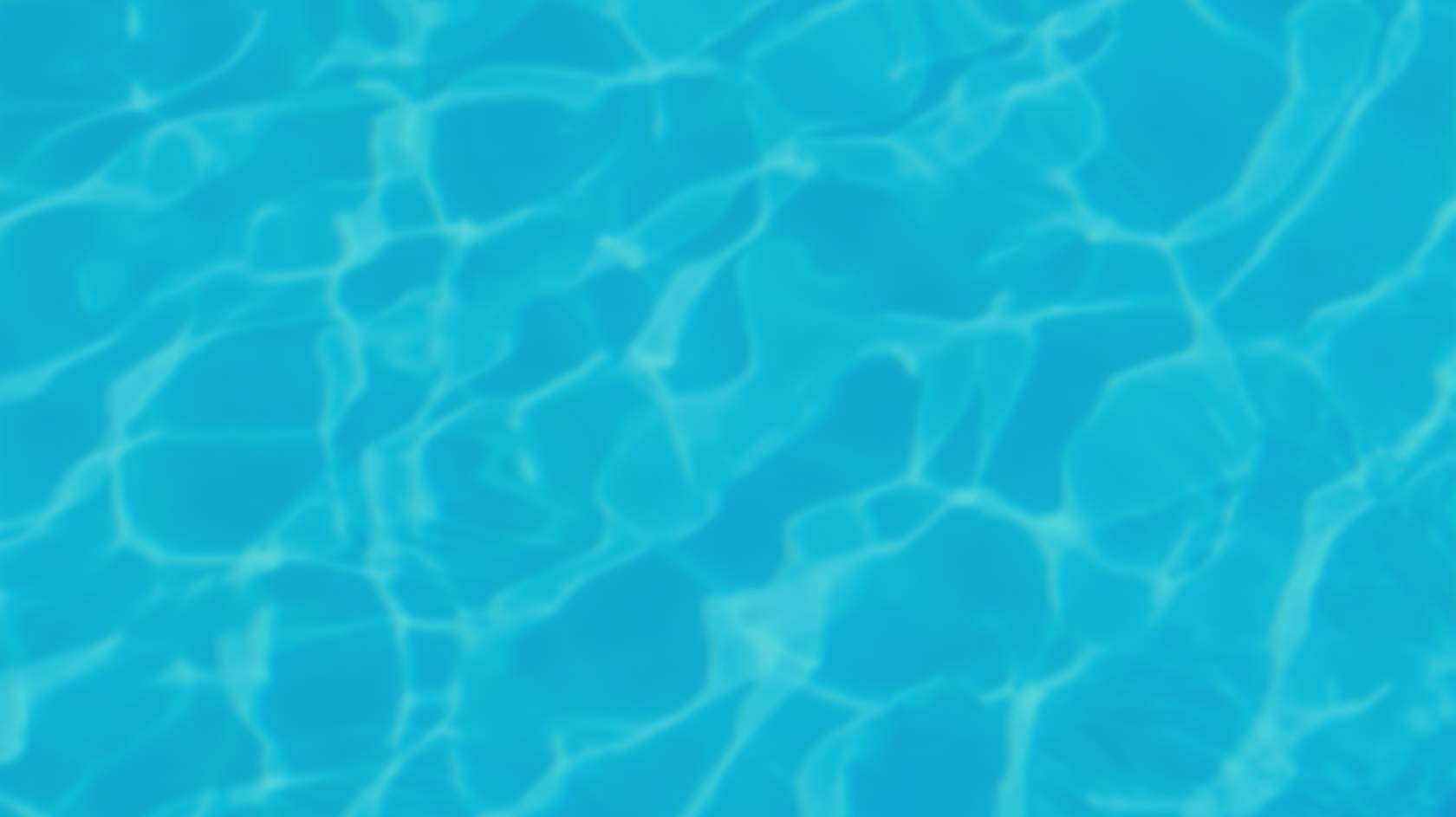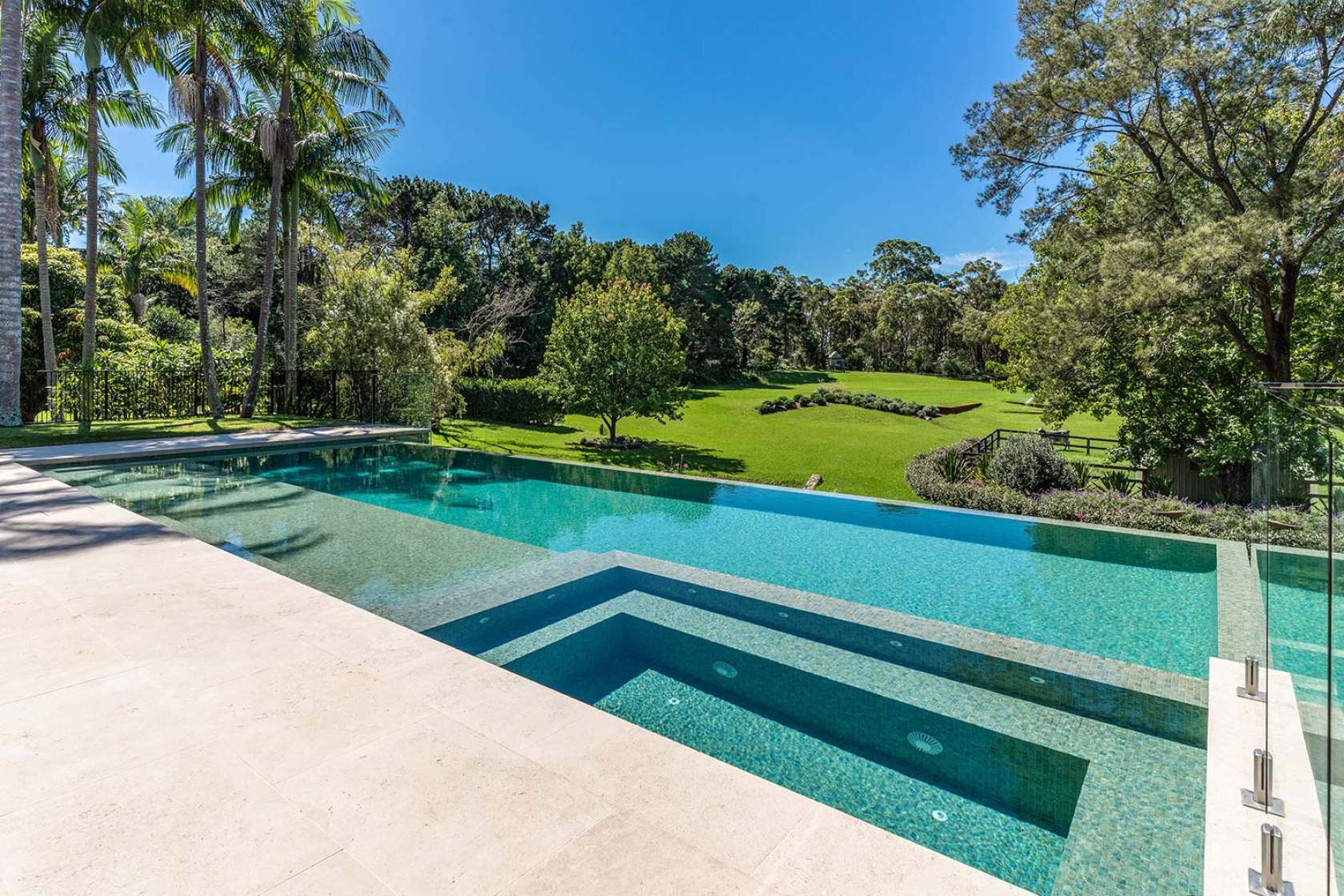

All about algae
Algae can be a big problem in pools – so what is it, how do you get rid of it and stop the problem from recurring?
What is it?
Algae are aquatic plant organisms that tend to thrive in swimming pool environments. Like any living thing, they require air, sunlight, water and nutrients to survive. Algae spores are introduced to the pool via the elements, like wind and rain, or can hitch a ride on contaminated cleaning tools or general debris.
When conditions are right, algae will thrive. They eat nutrients in the water – mainly phosphates and nitrates – and rapidly multiply on warm sunny days when they can photosynthesise, taking in carbon dioxide and expelling oxygen.
That desire to be in sunlight means you’ll generally find algae in the shallowest water of the pool, particularly on steps and swim-outs.
How do you get rid of algae?
Algae love out-of-balance water, sunlight, warmth and a steady stream of nitrates and phosphates. If your pool contains debris or lacks adequate circulation, filtration or sanitisation, it is a recipe for algal bloom which can occur within hours.
Every pool contains algae – even those with clean and clear water. It does not take much for algae to take hold, so you need to deprive them of one of the elements that is essential to their survival. In swimming pools, it’s easiest to remove their required nutrients – specifically phosphates – by using a phosphate remover.
Unfortunately, algae are super-hardy and they often become resistant to normal sanitiser treatments. Specialist algaecides may be required to combat the problem. There are many available options, so speak with your local pool shop or accredited pool tech to determine which will work for you.
Once you’ve managed to kill the algae off, ensure you remove it from the pool surface, as the dead remains will become a source of food for the next generation. Brush it from the surface so it can be removed via filtration or vacuumed out.
How do you keep your pool algae free?
Keeping water balance in check and monitoring sanitiser levels will help, but you may also need to give the pool the occasional shock dosing to keep algae under control.
If necessary, regular use of algaecide and a phosphate removal program will ensure your pool remains clean and free from algae.
